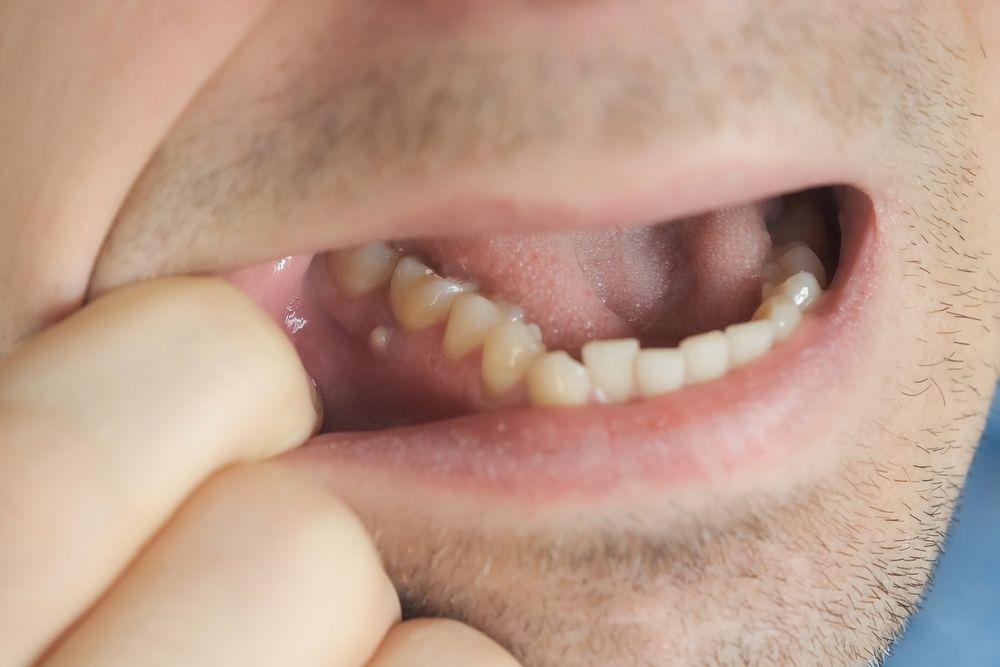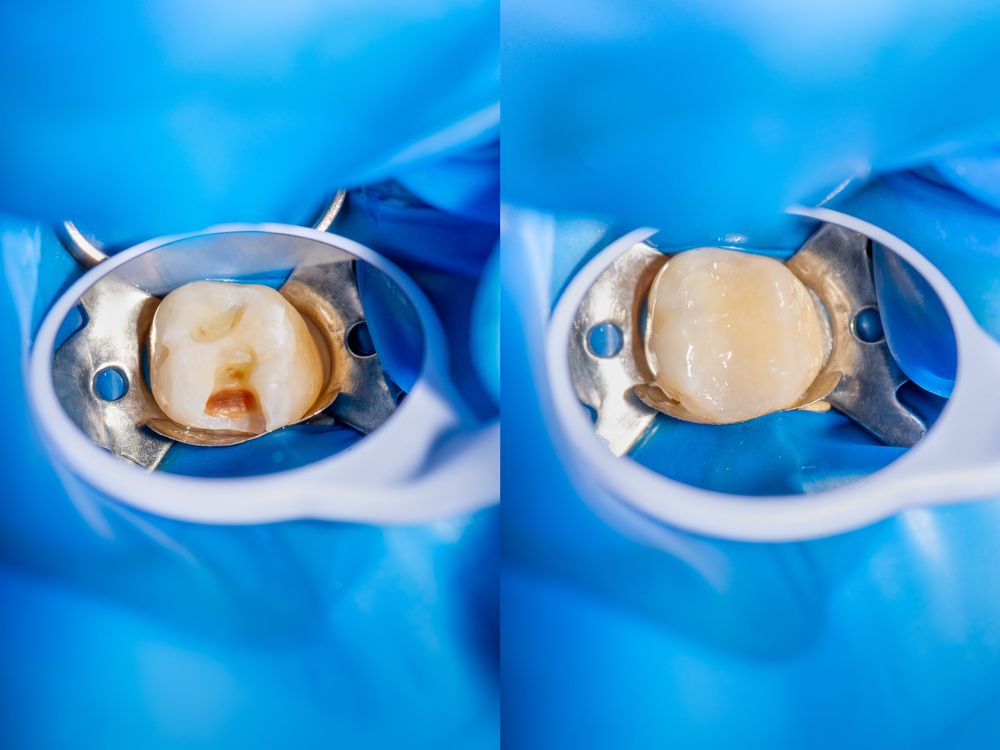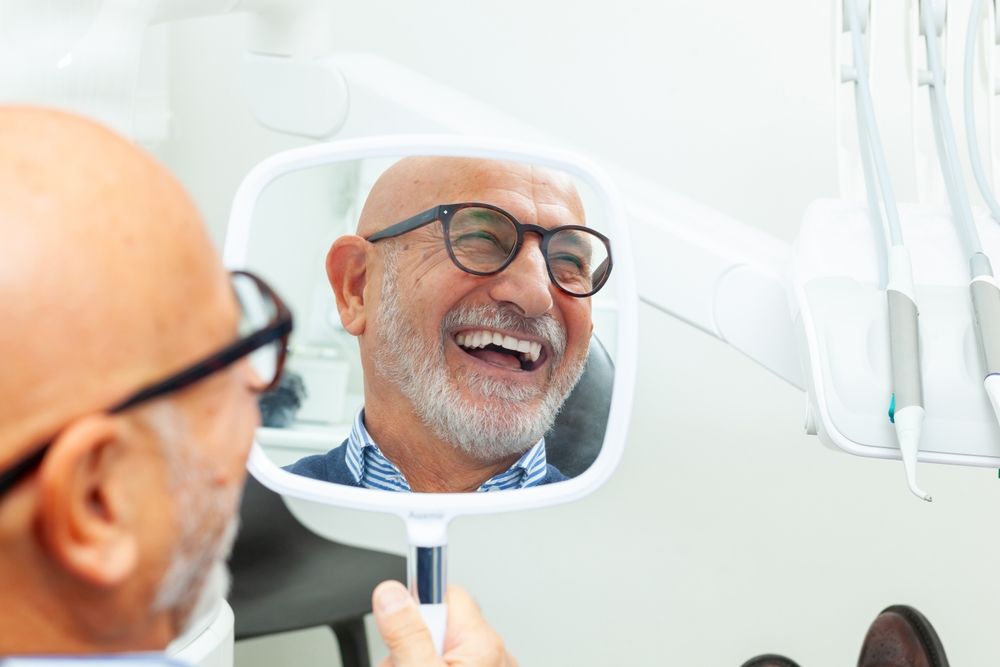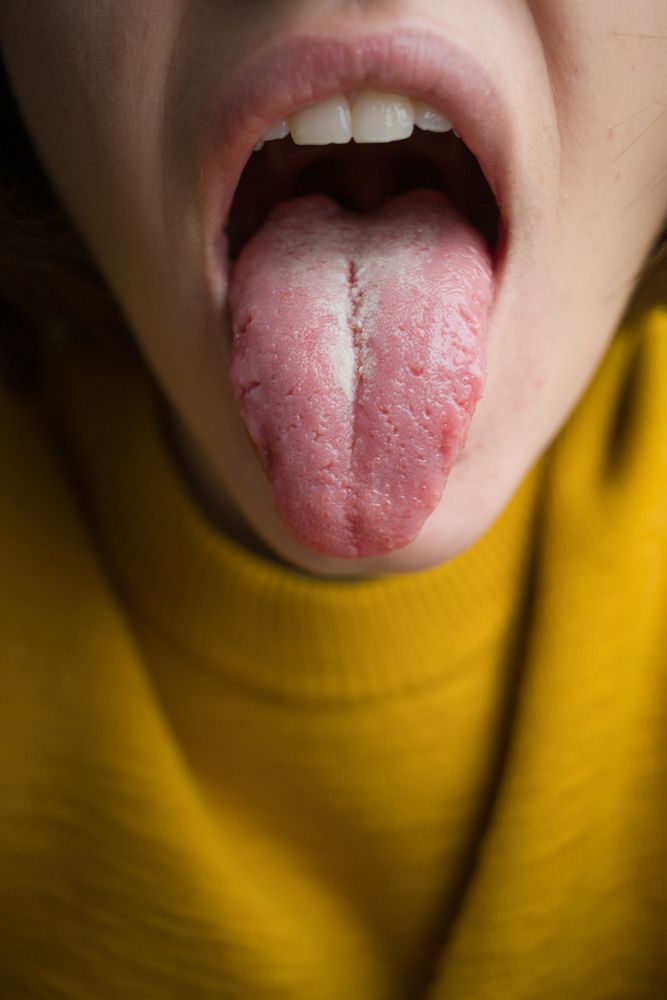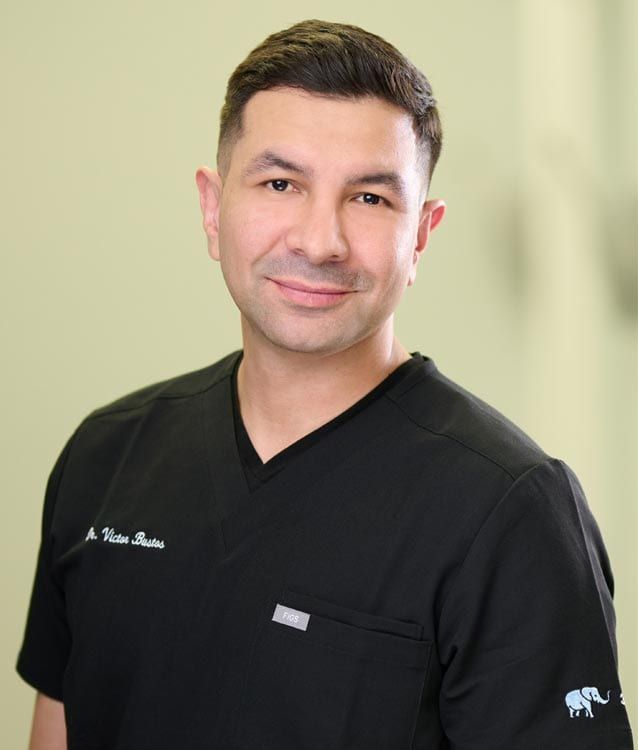Mouthwash, often considered a supplementary product in oral hygiene, has gained recognition for its various benefits in maintaining a healthy mouth. Incorporating mouthwash into your daily routine can significantly enhance oral health, providing advantages that go beyond what brushing and flossing alone can achieve. Here’s a look at why mouthwash deserves a spot in your oral care regimen.
Benefits of Mouthwash
Fights Bacteria and Reduces Plaque
One of the primary benefits of using mouthwash is its ability to kill bacteria that cause plaque, gingivitis, and bad breath. Antiseptic mouthwashes contain ingredients like chlorhexidine, cetylpyridinium chloride, and essential oils, which are effective in reducing bacterial load in the mouth. This reduction in bacteria helps prevent plaque buildup and, consequently, lowers the risk of developing gum disease.
Prevents Cavities
Fluoride-containing mouthwashes are excellent for strengthening tooth enamel and making teeth more resistant to decay. Fluoride helps remineralize the enamel, reversing early signs of tooth decay and providing a protective barrier against acids produced by plaque bacteria. For individuals prone to cavities, using a fluoride mouthwash can be a vital addition to their oral health routine.
Freshens Breath
Mouthwash is well-known for its breath-freshening properties. Ingredients like menthol and eucalyptus give mouthwash its refreshing taste and scent, instantly combating bad breath. Additionally, by reducing the number of bacteria that produce foul odors, mouthwash provides a longer-lasting fresh breath compared to just brushing.
Aids in Post-Surgical Recovery
For those who have undergone dental surgery or procedures, mouthwash can be beneficial in maintaining oral hygiene during the recovery phase. Antiseptic mouthwashes can help keep the surgical site clean, reduce the risk of infection, and promote faster healing. Dentists often recommend specific types of mouthwash for post-surgical care to ensure optimal recovery.
Reaches Areas Brushing and Flossing Miss
Even with diligent brushing and flossing, certain areas in the mouth, like the back of the tongue, the roof of the mouth, and between tightly spaced teeth, can be hard to clean thoroughly. Mouthwash can reach these areas, ensuring a more comprehensive clean and reducing the chances of plaque buildup and bad breath originating from these spots.
Soothes Oral Irritations
Mouthwashes containing ingredients like aloe vera, chamomile, or other soothing agents can help alleviate minor oral irritations and inflammations. These soothing mouthwashes are particularly beneficial for individuals with conditions such as canker sores, oral ulcers, or gingivitis, providing relief and promoting healing.
Enhances Overall Oral Hygiene
Incorporating mouthwash into your daily routine enhances overall oral hygiene. It acts as a final rinse that can wash away residual food particles and debris, leaving your mouth feeling clean and refreshed. This additional step reinforces the effectiveness of brushing and flossing, contributing to better long-term oral health.
Choosing the Right Mouthwash
Not all mouthwashes are created equal, and it’s important to choose one that meets your specific needs. Here are some tips for selecting the right mouthwash:
- For cavity prevention: Choose a fluoride mouthwash.
- For gum health: Opt for an antiseptic mouthwash with antibacterial properties.
- For sensitive teeth: Select a mouthwash formulated for sensitive mouths.
- For fresh breath: Look for mouthwashes with a long-lasting freshening effect.
Consulting your dentist can help you make an informed decision about which mouthwash is best suited for your oral health requirements.
Conclusion
Adding mouthwash to your oral health routine can offer numerous benefits, from fighting bacteria and reducing plaque to freshening breath and aiding in post-surgical recovery. While it should not replace brushing and flossing, mouthwash serves as a powerful adjunctive tool, ensuring a cleaner and healthier mouth. By choosing the right mouthwash and using it consistently, you can significantly improve your oral hygiene and enjoy the lasting benefits of a healthy smile.

